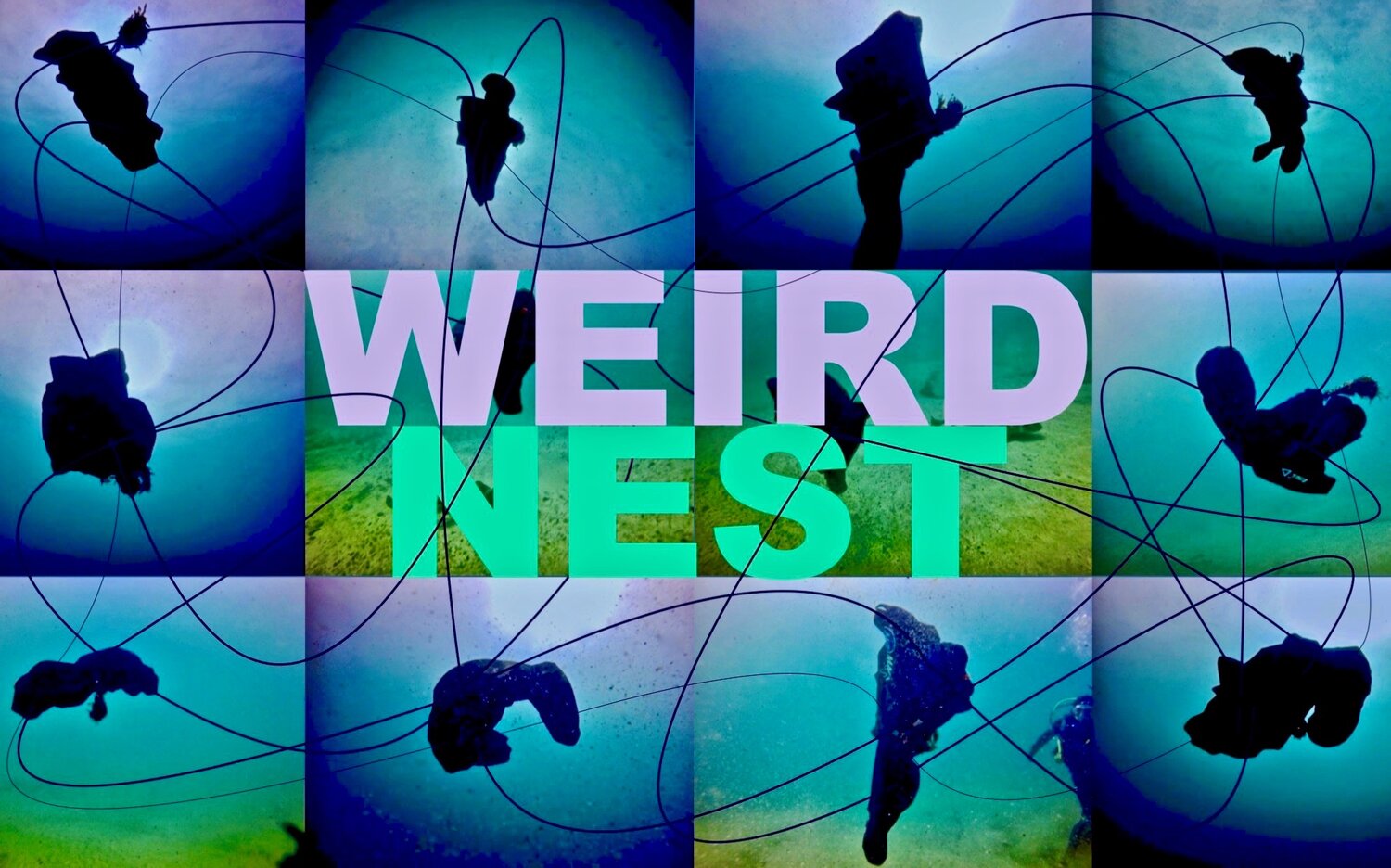Advice for young composers
A friend from NZ wrote on his Facebook wall that he wanted his friends to provide 1 piece of advice for his first year composition students. There were sincere responses, but also a lot of sarcasm and joke responses. I couldn't help myself and I wrote a short list of sincere pieces of advice I wish I had had when I was in my first year at the Con. Another colleague encouraged me to go on, and so here I am, writing this blog article.
Who am I to offer advice to young artists? This is a question that plagues my mind whenever I'm asked for advice these days.... 5 years ago I was far more sure of myself and my knowledge for some reason.... so that comes to the first piece of advice really;
First piece of advice;
Be discerning about taking any advice. Whoever is giving it to you is providing you with advice based on their perspective/context/journey, they are probably making assumptions about you, your desires, your idiosyncrasies (unless they know you really really well), and so their advice may not always fit you.
So with that in mind, onto some random bits of advice for young composers.....
Practising any form of creativity leaves you in a place of vulnerability. Embrace and act on uncertainty.
Relationships are key to your survival. Find your tribe and nurture them.
Reviewing your creative process is always a good response.
A lot of composers I know (and me included) write a reflection at the end of each composition session about where they'd like to take the piece next; which can be adopted or scrapped when they next come to compose.
Ask for candid feedback from people you respect.
Allow yourself to follow your creative genius to places that may surprise you.
Your creative process takes place in your mind. If you need to externalise your thoughts, don't do so on a medium that constrains your imagination; let fly with free-hand drawing or audio recordings of vocal improvs (many of us do).
Allow yourself to be dissatisfied with your own work or direction; this is a calling for change or refinement.
Only trust what others tell you about your works as the truth of their opinion when they're unencumbered by social constraints (i.e not at events), and you have an authentic relationship with them.
Just because someone doesn't like your art doesn't mean someone else won't.
Just because someone likes your art doesn't mean others will.
The greatest supporter of your art is you. Don't let your artist down. Always look after your artist. No one else can, to the degree you can.
Nurture your curiosity and let it be unquenchable.
Although it's important to dedicate yourself to your art, you're human, not your profession - have friends, have lovers, do gardening, practice a sport, go on holidays, read books, watch movies, learn to cook - everything.
Your artistic practice can comprise of anything you decide; composition, research, performance, movement, visual art, words, teaching, meditation, writing, academia, environmentalism, fetishes, food, travel, pets.... but whatever you choose to integrate into your artistic practice, know that you'll end up applying rigour, discipline and inquiry.
Your "discipline" is whatever you authentically wish to define it as, and it can be dynamic. If you can articulate it and schedule it, that's a good start to actually being able to stick to it.
Things change, you change, it's ok to let go of things and embrace new things within your discipline/art/practice. For some that may mean dropping tonality. For others, it may mean dropping electronic music. It's part of the refinement of your art, and ultimately the discovery of your voice.
Don't despair when things seem insurmountable or impossible. Overwhelm is experienced by everyone, but for those involved in the composition of works with performance outcomes (a highly abstract pursuit, to say the least), the intangible nature of it all compounds those feelings. Self Care is important. Have something you can turn to that allows you to feel balanced again.
Not everyone fits the mould; we live in a rich diverse society. Neuro-diversity, gender-diversity, physiological diversity, diverse cultural, socio-economic and family backgrounds.... there are those living with complex trauma from a myriad of different types of circumstance; from child-sex abuse, bullying, domestic violence, absent parents, traumas experienced by refugees. Embrace your own difference, it is part of your vulnerability and must be acknowledged. Sometimes these differences give you extraordinary super-powers that enhance your creativity and life in unique ways when they're embraced. Other times these differences will lead towards you being discriminated against. When this happens, be conscious of it, find support, and carefully choose what to do with it.
When you have something to share with someone, share it; don't bottle it up. If your opinion, expression, or art may be controversial and cause debate, listen intently, but don't allow the fear of rejection or retaliation prevent you from expression!
In saying the above; always treat others with respect sensitivity. If your art/expression pushes boundaries, make sure that it's done within a consensual, conscious context, and not one where other people may be unnecessarily triggered or be made upset due to inadequate warning.
---
Some of the advice above may seem extreme... but the thing is, art can be very extreme, subject matter can be very extreme, and indeed your own practice can be extremely diverse and tie in multiple disciplines.... or not. Whatever your case may be, I think all this advice sums up to
- be conscious about yourself, your expression and others and their expression,
- approach life with an open, curious attitude, and
- embrace and act on your feelings and decisions.
That's it for now!!!
